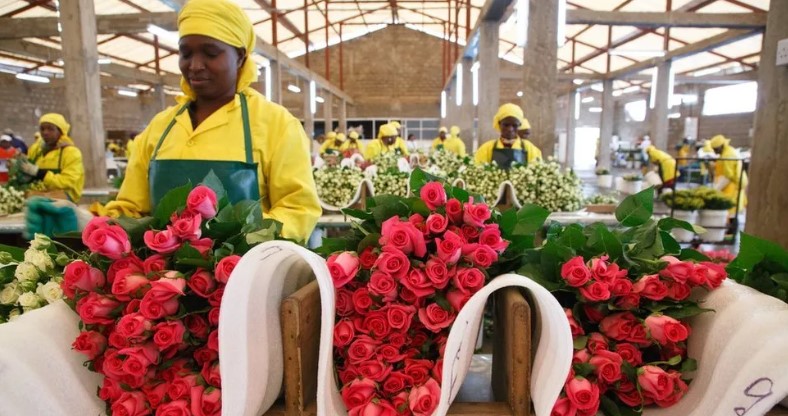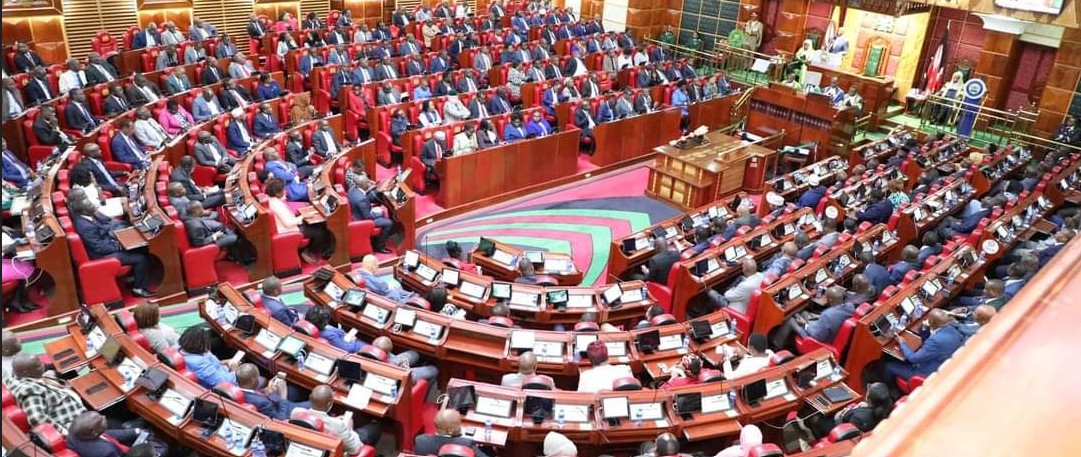Flower farmers hopeful for Valentine's Day windfall despite tough times

From about 3,000 tonnes consumed every week both locally and internationally, the Kenya Flower Council estimates that the demand for flowers could rise to 4, 500 tonnes in a week.
The demand for flowers is expected to rise by over 30 per cent by the second week of February as the world prepares for Valentine's Day celebrations marked on February 14.
From about 3,000 tonnes consumed every week both locally and internationally, the Kenya Flower Council (KFC) estimates that the demand for flowers could rise to 4, 500 tonnes in a week.
More To Read
- Inside the secret life of baobabs and the night creatures that keep them alive
- Freight bottlenecks, cargo crisis shave Sh1.4 billion off Kenya’s flower sector
- Kenya's flower exports to hit Sh110 billion in 2025 amid growing demand
- Kenya introduces new system to track horticultural exports
- Valentine’s Day desserts you can make at home
- Kenyans brave tough economic times to show love on Valentine's Day
A majority of this (70 per cent), is expected to go to the export market in Europe, where prices have stabilised in recent years.
According to KFC, despite the ongoing rains and a tough operating environment, production in the sector has remained stable enough to meet the new demand.
"Despite various challenges in the sector, we expect weekly exports to hit 4,500 tonnes ahead of Valentine's," noted Clement Tulezi, CEO of KFC.
Neglected
The flower farmers want the government to increase support to the sector, which they say has been largely neglected despite being a significant foreign exchange earner.
Increasing support to the sector could see annual production more than double within a decade.
"Despite earning the country billions every year in foreign exchange, the sector has been largely forgotten with high taxes and high prices of electricity and fuel worsening the situation," said Tulezi.
One of the ways to support the farmers is to ensure that VAT refunds are paid on time. As it is, the government has yet to pay farmers VAT refunds amounting to Sh13 billion.
The government has opted to cap payment of VAT refunds to Sh10m per month, an amount which the council claims is far from enough.
"This lack of reimbursement has led to stagnation in the sector that employs thousands, raising uncertainties about the industry's future," noted Tulezi.
The council claims that new taxes under the Finance Act 2023 have been eroding investor confidence, with tax holidays and waivers only benefiting other sectors like coffee, tea and sugarcane.
"Every week the government is introducing a new tax or directives and this does not augur well with investors in terms of planning," the CEO added.
Top Stories Today










































